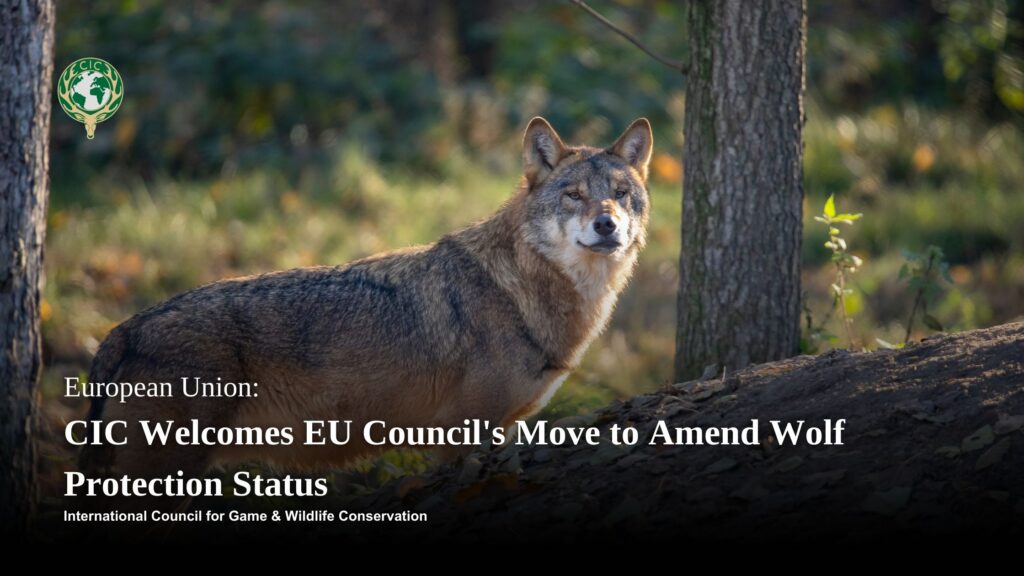Home » News & Press » Indigenous Knowledge Key to Tackling Climate Change Says IPCC Report
Facebook
X
LinkedIn




